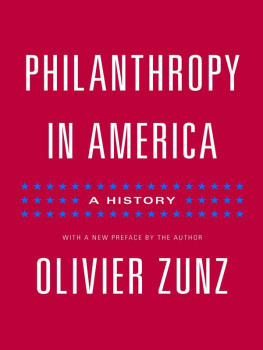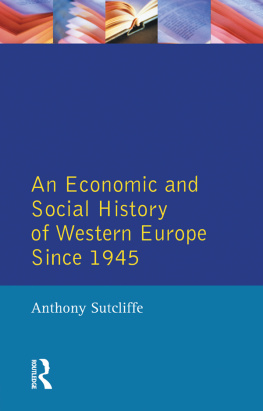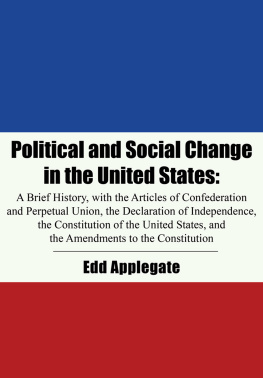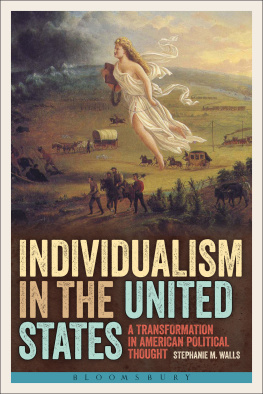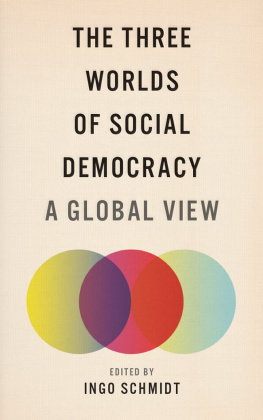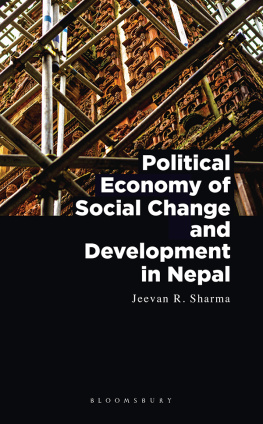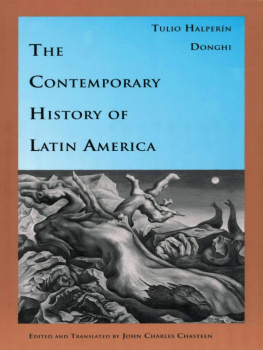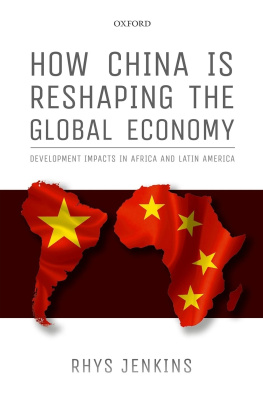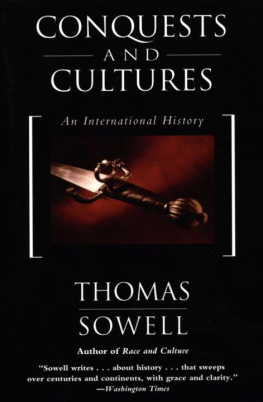1985 The University of North Carolina Press
All rights reserved
Manufactured in the United States of America
Library of Congress Cataloging in Publication Data
Main entry under title:
Reliving the past.
Bibliography: p.
Includes index.
1. Social historyAddresses, essays, lectures. 2. Social historyHistoriographyCase studies. 3. Social historyCross-cultural studies. I. Zunz, Olivier. II. Cohen, David William.
HN8.R45 1985 907.2 85-1065
ISBN 0-8078-1658-2
ISBN 0-8078-4137-4 (pbk.)
THIS BOOK WAS DIGITALLY MANUFACTURED.
ACKNOWLEDGMENTS
It is a pleasure to thank Lewis Bateman of the University of North Carolina Press for first suggesting and then encouraging the writing of this volume. I would also like to thank Richard L. Kagan, Stephen Innes, and Lucette Valensi, who helped define its direction. Charles Feigenoff contributed his outstanding editorial skills, and Lottie Mc-Cauley saw the manuscript through several stages of production.
The Corcoran Department of History of the University of Virginia and the Department of History of the Johns Hopkins University provided the support for us to exchange ideas during the preparation of these chapters. Charles Tilly, David William Cohen, and William T. Rowe visited Charlottesville and presented drafts of their essays to a graduate seminar in social history that William B. Taylor and I conducted at the University of Virginia in the Fall of 1983. Many ideas formulated in our weekly meetings with the students found their way into this book, and I thank all who participated in the seminar. A few months later, the contributors met as a group in Baltimore to review their drafts again and to continue the collective reexamination of the questions and methods of social history that stimulated the writing of this volume.
Olivier Zunz
Charlottesville, Virginia
Spring 1985
RELIVING THE PAST
INTRODUCTION
BY OLIVIER ZUNZ
The emergence of social history in the 1960s and 1970s as an innovative intellectual movement profoundly affected historical consciousness by broadening both the subject matter and methods of history. The new praxis had a liberating quality. Pointing to the records of ordinary lives as a source of evidence, social historians called into question the merit of using the acts of elites as a measure of the past and challenged historians in general to reexamine their assumptions, regardless of their ideological commitments. This infusion of new evidence and technique inspired reappraisal of theory as well as detailed evocation of a new past. But social historians have embraced so many problems and have engaged in so many inquiries that the field now needs reordering. The reflections by five historians offered in the following chapters are meant as part of this reassessment. Our interest is in the future of social history and in the integration of varied studies in large syntheses. We are not concerned specifically with the history of ordinary peopleinasmuch as significant proportions of this history have now been writtenbut with the ways specialists of different regions of the world choose to see the connections between major transformationsideological, political, economic, and socialand the form and character of lives shaped in different environments.
The factors that contributed to the pivotal role of social history during the last thirty years are well known. First, its growth paralleled the demographic surge of historians. The new field benefited from an unprecedented number of able young intellectuals who shared in the excitement of enlarging the vision of history. Second, the methods of social history were enriched by the post-World War II discourse between scientists and humanists at universities and research institutes. In particular, social historians drew methods from all of the expanding social sciences, principally from anthropology and sociology but also from such fields as linguistics and psychoanalysis, and added significantly to the list of accepted auxiliary sciences. This methodological exploration was also advanced by the timely appearance of computers, which allowed social historians to redefine the concept of an archive and to make sophisticated connections between sources not achievable by traditional methods. Third, and in retrospect most important, social historians actively participated in the new pluralist vision of the 1960s. At stake was more than a simple enlargement of historys vision. By devising methods which allowed them to build judgments from thousands of observations of ordinary people, they could investigate groups heretofore ignored or at best misunderstood. For the first time, historians could divide the social structure into an infinite number of segments and explain the positive role of diverse communities within the society at large. They could, for example, envision the proletariat as a group of heterogeneous and often conflicting human beings, not simply as the idealization projected by the international labor movement. Historical discourse gained strength and credibility from concrete and manifold details of peoples existence. No longer an abstraction, the people began to reassume the garb of life.
But in the excitement of innovation, social historians neglected some essential concerns. For one, social history was never fully explicated. Admittedly a multifaceted venture, it soon became whatever social historians chose to write. While it is true that strict definitions tend to reduce the scope of investigation or prevent the uncovering of important evidence, in this case the absence of a clear program, except that of enlarging the scope of history, led to fragmentation and a diminished focus. Furthermore, the search for ad hoc methodologies has often superseded the search for answers to large historical questions. In the process, social historians use of theories from the social sciences became increasingly uncritical. In 1974, when Jacques Le Goff and Pierre Nora edited Faire de lhistoire, a collection on the newest of the new history written in France up to that time, they realized that they could not impose a framework on the varied research then underway and grouped the contributions under the rubric of new problems, new approaches, and new objects. They particularly warned, however, against the submission of history to the social sciences. As they put it, the new history, besides its important critique of historical events and facts, has developed a tendency to conceptualize which risks it becoming something else, be it Marxist determinism, Weberian abstraction, or structural atemporality. A decade later, the same criticism was even heard from anthropologist Claude Lvi-Strauss, whose seminal work on structuralism pulled some historians of society toward the atemporal. Pointing to similarities between the genealogy of the few and the collective biography of the many, Lvi-Strauss concluded that between narrative history and the new historyone recording the daily activities of dignitaries, the other attentive to the slow demographic, economic and ideological changes that have their origins in the very foundation of societythe distance does not appear to be so great any longer.
Mapping a new course for social history, however, is no obvious or simple task. Indeed, a vocal minority in the history profession has recently advocated a disengagement from the distracting apparatus and theory of the social sciences and a return to rejuvenated forms of traditional narrative. Critics point out that social history, instead of enlarging history, has instead fragmented it. As a consequence of opening fresh areas of knowledge and adopting new methods, historians have lost their ability to recapture the totality of the past through evocative and richly textured narrative. If the trend is not reversed, these critics fear, historytraditionally the broad domain of the generalistwill remain divided into separate specialized fiefdoms. Lawrence Stone believes the new integrative narrative should concentrate on the unified theme of


